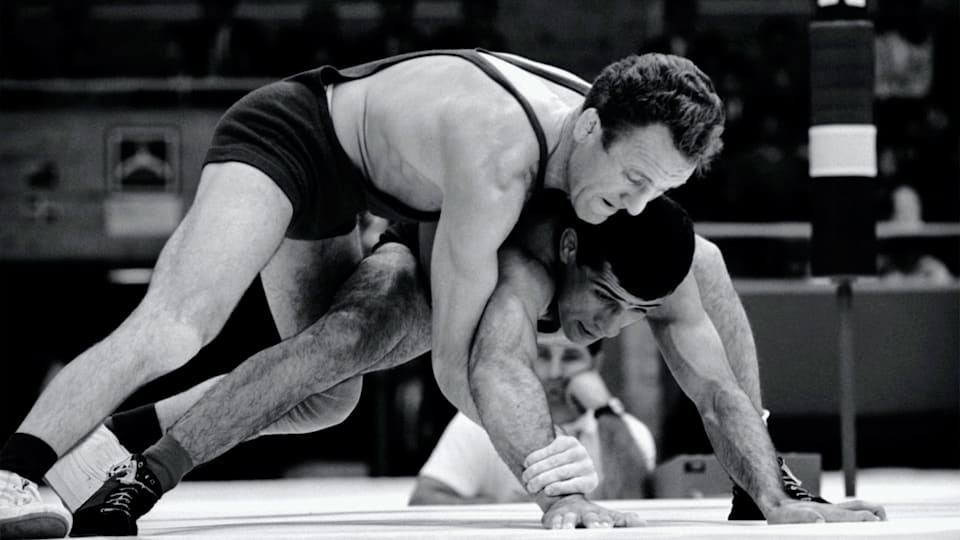Polyák wins in final shot at Greco-Roman title
If at first you don’t succeed, try, try again. It is a familiar adage and it must feel perfectly appropriate for the Hungarian Greco-Roman wrestler Imre Polyák. The Tokyo Olympic Games gave him a final chance to turn world-class performances into victories.

On the one hand, Polyák arrived at the 1964 Games knowing that he could do something remarkable by winning an Olympic medal for the fourth Games in a row, a feat that only one other wrestler had achieved, some 32 years before.
But Polyák was also painfully aware that those previous three medals had all been silver, with the gold going to three different athletes. He had been on the podium at three Games, but, in 1952, 1956 and 1960, he had always had to look up to the top step.
Polyák was now 32 years old and approaching the end of his illustrious career. He started with a tricky contest against the American Ronald Finley, who went on to finish fourth in the competition. Polyák took it on a decision. Next up were victories over Kim Bong-Jo, of South Korea, and then the Greek wrestler Petros Galaktopoulos. When he beat the Austrian Hans Marte, victory was near.
There remained one final contest against the Soviet athlete Roman Rurua, the young star of the sport. Rurua was destined to win Olympic gold – but not for another four years. Instead, he and Polyák fought out a draw, which meant overall victory for the Hungarian at the fourth attempt.
He retired from competition after the Games and turned, instead, to coaching at his home club.
